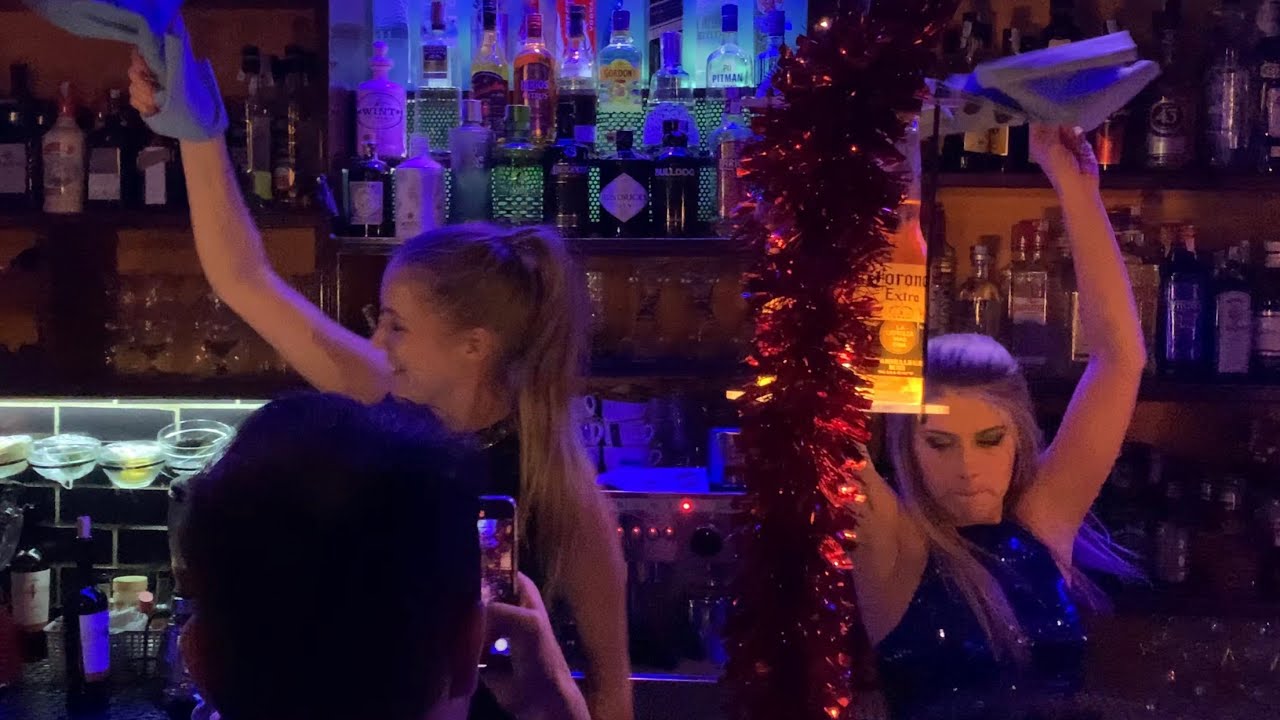What Entertainment Lawyers Like John Branca Attorney May Tell You About the Five Main Types of Product Trademarks


All aspiring entrepreneurs and businesses need to know about trademarks. These guard those special names, brands, slogans, symbols, logos, colors and words that are unique to their enterprises, the ones that distinguish their products and services from all the other ones on the market. They can be viewed as things that represent a company.
Acronyms like NBC and CNN are trademarks. So are brand names like Apple and made-up characters like the Geico gecko. Even the shape of certain goods like a coke bottle may count as a trademark. U.S. law automatically grants trademark rights to individuals and companies when they use one, no registration needed. However, registering them with the U.S. Patent and Trademark Office affords extra legal protection to businesses if they ever end up fighting in court with another company over trademarks. The entertainment industry also uses trademarks. Actors have even hired entertainment lawyers like John Branca to protect their likeness and names as well as goods and services. There are five main categories of product trademarks.
1. Descriptive Marks
These are a word or group of words that describe a product or service or its characteristics. It is difficult to obtain legal protection for these, but it may be done if they become exclusively associated with a specific brand or company. As a result, they are generally considered “weak.”
2. Generic Marks
Generic terms do not qualify for protection because they are so basic and commonly used. For example, a shop named “hat shop” or “ice cream store” probably could not be trademarked. Additions or minor changes to a generic term like changing “ice cream store” to “Bubble Blue ice cream store” may make one specific enough to be trademarked though. Some trademarks may actually become generic enough over time that they lose their previous protection.
3. Arbitrary Marks
These appropriate an existing label or word and use it in a context that has nothing to do with the original meaning. Apple is an example of an arbitrary trademark because its products have nothing to do with the fruit or anything made from it.
4. Suggestive Marks
These are implied rather than direct. They point to the nature of a product without explicitly stating or describing it. Netflix is an example.
5. Fanciful Marks
These are completely unique and different from things in existence. They are easy to acquire since they do not need to compete with others and have less of a likelihood of becoming generic. They are often made-up words and do not have meaning or association in existing languages.
Trademarks are an important part of many sectors, including the entertainment one. They help individuals and businesses protect their goods and services.











